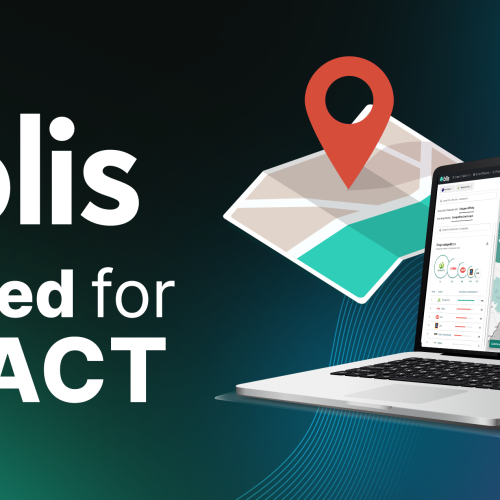Credentials:
Led marketing at Unilever for the past eight years and worked in various roles at the CPG giant’s brands for decades. He’s frequently been recognized as one of the industry’s most significant thought leaders.
Biggest move made:
Taking a tougher stance on digital platforms while recognizing marketers’ opportunity to improve them to bring greater transparency to the digital media supply chain.
Lasting impact:
Expanded Unstereotype Alliance to cover all forms of branded content and entertainment, with unstereotyped marketing efforts delivering an 18% lift in purchase intent and coming across as 16% more relevant with consumers.
No CMO has taken as clear-eyed a perspective on the industry’s issues and how to address them in 2018 as Keith Weed. Following a tumultuous 2017, when marketers realized the sorry state of their house due to fraud, brand safety and transparency, it became easy for brands to pin blame on platforms, vendors and agencies — pretty much anyone but themselves. Weed has instead this year centered his message on deeper collaboration, where marketers must shoulder more of the burden and work closely with partners to overcome existential challenges to marketing success.
“It’s too easy to bash the tech companies and point fingers and tell them to sort themselves out,” Weed said during a keynote speech at the IAB’s Annual Leadership Meeting in February. “It’s much more powerful if each and every one of us in the room lean in in partnership and double down to make this digital supply chain a supply chain that works for everyone right through to society.”
A motif of unity has extended to Weed’s creative strategy with brands like Dove and Axe, which have continued to lean into bold, progressive messaging. At Cannes Lions in June, Unilever announced it would expand its Unstereotype initiative across all content formats and called on all content creators and distributors to remove outdated stereotypes. These efforts have helped deliver economic results, with data showing unstereotyped ads increase purchase intent by 18%, along with being 21% more credible and 16% more relevant with consumers, according to Weed.
“At Unilever we want to deliver on both purpose and profit as we know that a healthy society means a healthy business … I’ve also been hugely encouraged by the Unstereotype Alliance and its ambition to collectively make a positive impact on society,” Weed told Marketing Dive in emailed comments. “But diversity is still practiced in a way that often inadvertently perpetuates stereotypes by painting whole groups as one homogenous entity without accounting for the vast array of sub-cultures. Understanding and addressing the intersectionality of gender with race, ethnicity, sexuality etc. will be a key action going forwards.”
A harder line
Indeed, Weed isn’t softening his approach to areas of the ad world that need to be modernized. Through its 5-S savings program, Unilever has saved an estimated $2 billion, with plans to continue bringing marketing functions in-house. Weed has extended the company’s focus on improving agility to agency rosters as well, piloting new, hybrid agency models that combine creative talent from rival holding groups.
The executive has also a taken a tougher stance on some digital media darlings in 2018. As influencer marketing continues to see explosive growth, Weed called out the channel for being rife with fraud, promising at Cannes Lions to cut ties with influencer partners that have bought or fake followers. It’s a tune more of the industry is adopting, as 96% of surveyed multinational marketers now put “quality of followers” as one of their top criteria when selecting influencer partners to work with.
“The scale and scope of influencer marketing is growing at pace and holds increasing importance in the marketing mix as a way for brands to reach consumers given influencers’ deep and direct connections with their audiences,” Weed said. “At the same time, we as an industry need to put in place all possible controls to avoid bad practices such as fake followers, bots, fraud or any dishonest business models that will erode trust in the whole ecosystem.”
On the bleeding edge
Weed’s quest for transparency hasn’t just impacted Unilever’s view of quickly maturing channels like influencer marketing, but also more nascent ones at the forefront of digital innovation. The CPG giant is piloting a new blockchain platform with location-data technology company Blis, and has reported early success from a blockchain test with IBM iX that aims to improve efficiency and accountability across the digital media supply chain. These experiments come as Unilever looks to forge fresh paths to marketing success as the digital space achieves new levels of maturity.
“This year feels like a tipping point. We are more aware of the unintended consequences of some parts of the new digital platforms and are witnessing a very exciting time of change,” Weed said in his comments. “Big platforms are becoming more established, facing their responsibilities and the power they hold in shaping society.”
Click here to read the original article.


